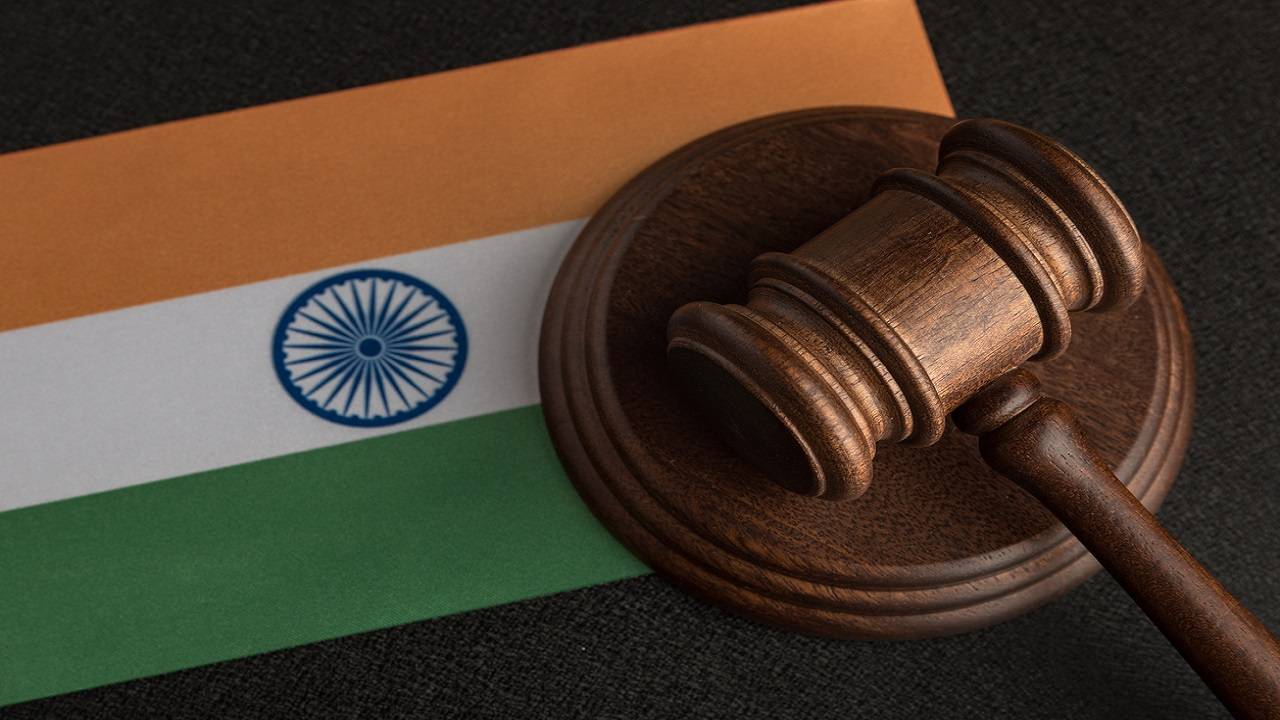Mutual divorce (often spelled mutal divorce in common queries) is the simplest legal route to end a marriage when both spouses agree to part ways. This guide explains, step-by-step, how to get a mutual divorce in India — whether you’re married under Hindu law, Muslim personal law, the Special Marriage Act, the Indian Divorce Act (Christians), or other marriage laws — and answers the most important questions parents, couples and lawyers ask: procedure, timeline, paperwork, costs, custody, maintenance and special rules by religion.
What is mutual divorce?
Mutual divorce is a judicial process by which both spouses jointly ask a court to dissolve their marriage by consenting to end the marital relationship and settling related issues (alimony, child custody, property, maintenance). For most personal laws in India there is a statutory mechanism for divorce by mutual consent — but the exact procedure and formalities depend on the law under which the marriage was solemnized.
Which laws cover mutual divorce in Indi
- Hindu Marriage Act, 1955 — Section 13B provides divorce by mutual consent for Hindus (includes Buddhists, Jains, Sikhs).
- Special Marriage Act, 1954 — Section 28 governs mutual divorce for civil marriages (inter-faith or registered under SMA).
- Indian Divorce Act, 1869 (as amended) — Contains provisions for dissolution by mutual consent for Christians (including specific sections like 10A for mutual consent).
- Muslim personal law — Mutual divorce is typically effected by Mubārāt (mutual agreement) or Khula (wife-initiated dissolution with husband’s consent/compensation). Courts increasingly require legally effective court decrees (not informal mufti pronouncements).
Step-by-step: the mutual divorce procedure (common framework)
While forms and small steps vary by personal law and court, the broad stages are:
- Draft & file the joint petition (First Motion).
Both spouses prepare and sign a joint petition stating irretrievable breakdown of marriage, that they’ve been living separately (usually one year or as required by the Act), and that they consent to divorce and the settlement terms (alimony, child custody, visitation, property division). Petition is filed in the Family Court / District Court having jurisdiction. For Hindus use Section 13B petition; for SMA use Section 28; for Christians use the corresponding section under Indian Divorce Act. - Court hearing on first motion & recording of statements.
Court hears parties, records statements, may suggest/offer mediation or counselling. The court ensures consent is voluntary and settlement terms are clear (especially safeguards for minor children). - Cooling-off / Waiting period.
For Hindu and SMA petitions a statutory waiting period applies: minimum 6 months between first and second motion, to allow for reconciliation; courts may not allow earlier second motion unless they exercise discretion in exceptional cases. The maximum limit to move the second motion is 18 months from filing the first motion; otherwise a fresh petition is required. Many courts, however, have started to waive or truncate waiting periods in deserving cases — but this depends on judicial discretion and facts of the case. - Second motion (final hearing) and decree.
After the cooling period (or earlier if court permits), parties appear for the second motion. If court is satisfied, it passes the final decree dissolving the marriage. The decree will enshrine agreed terms on custody, maintenance, alimony, property etc.
Special notes by religion / law
Hindu marriages (Hindu Marriage Act, Section 13B)
- Requirement: Parties should have been living separately for one year or must have mutually agreed that the marriage has irretrievably broken down. The joint petition under Section 13B is the usual route. There must be documentary clarity on settlement (maintenance, custody). Waiting period: 6–18 months window applies; courts sometimes waive waiting on strong grounds.
Special Marriage Act (civil marriages)
- Section 28 provides mutual divorce procedure similar to Hindu law: joint petition, waiting period, final decree. SMA also bars divorce petitions within one year of marriage (i.e., you cannot file earlier than after one year) — check Section 29 for restrictions.
Christian marriages (Indian Divorce Act)
- Mutual dissolution is possible under the Indian Divorce Act; courts will look into settlement terms and protect welfare of minor children. See the Act for procedural details and grounds.
Muslim marriages (Khula, Mubārāt)
- Mubārāt is a consensual separation where both spouses agree and the divorce is irrevocable. Khula is where the wife seeks dissolution (often by returning dower or renouncing financial claims). Increasingly, High Courts and Supreme Court insist that divorces (including khula/mubārāt) be confirmed through judicial processes for legal enforceability; religious council pronouncements without court involvement may not be recognized. Family courts can record and formalize khula/mubārāt and issue decrees.
How long will it take? (realistic timelines)
- Minimum time (typical): About 6 months—this is the statutory waiting period between motions under HMA/SMA if parties follow the usual route.
- Usual time to final decree: 6–12 months in most district/family courts if there are no disputes over settlement and the court does not require extended enquiry.
- Longer cases: If disputes arise (e.g., over custody or maintenance), or if courts order mediation, the process may extend to 1–2 years or more.
- Faster disposal: Some courts, in certain circumstances, use inherent powers to expedite or waive waiting period — but this is discretionary and cannot be guaranteed.
Documents you’ll typically need
- Joint petition (drafted by advocate) signed by both parties.
- Marriage certificate (Hindu/SMA/Church/other).
- Proof of residence, identity (Aadhar, PAN, passport).
- Affidavit of consent and separation period.
- Copies of settlement terms (if any): alimony agreement, child custody arrangement, bank statements if maintenance/asset declaration is needed.
- Any prior orders (if cases are pending).
Costs & legal help
- Court fees vary by state and pecuniary jurisdiction.
- Advocate fees vary widely; mutual divorces are generally less expensive than contested suits.
- Mediation/ counselling charges if parties are referred.
Hire a family law advocate to draft the joint petition and settlement terms carefully; courts scrutinize clauses on child welfare and maintenance.
Frequently Asked Questions (short)
- Can consent be withdrawn after first motion? Yes — during the cooling period parties can withdraw consent; the court must then dismiss the petition. This is one reason for the waiting period.
- Is mutual divorce possible if one spouse is abroad? Yes — through court-authorised representation (power of attorney / counsel) and court procedures; jurisdiction and service rules apply.
- Does mutual divorce affect children’s custody & maintenance? Courts evaluate and approve custody terms — child welfare is paramount and court may modify or refuse agreement harmful to the child.
- Can religious divorces (e.g., talaq pronounced by imam) be treated as legal divorce? Courts have made clear that extra-judicial religious pronouncements may not have legal effect unless processed through judicial procedures; always seek court decree for enforceability.
Practical tips & final advice
- Agree settlement in writing — clarify maintenance, custody, asset division and liabilities to avoid future litigation.
- Seek legal counsel — an experienced family lawyer ensures proper drafting and smoother court hearings.
- Be truthful in court — courts verify voluntary consent; concealment or coercion invites enquiry.
- Use mediation if possible — courts often promote mediation and many family courts have mediation centres.
- Get the decree registered — keep certified copies of the final decree for all legal formalities (passport, remarriage etc.).


